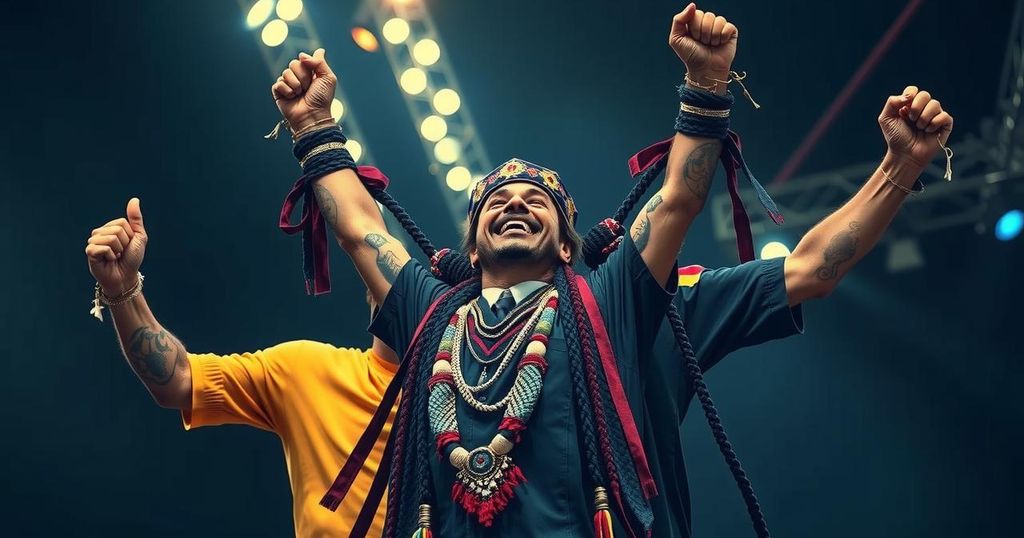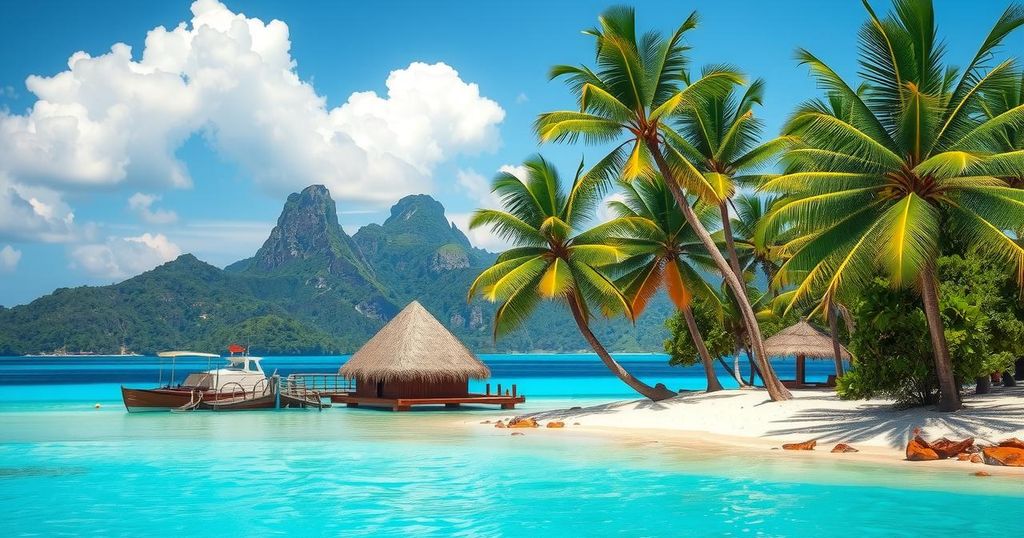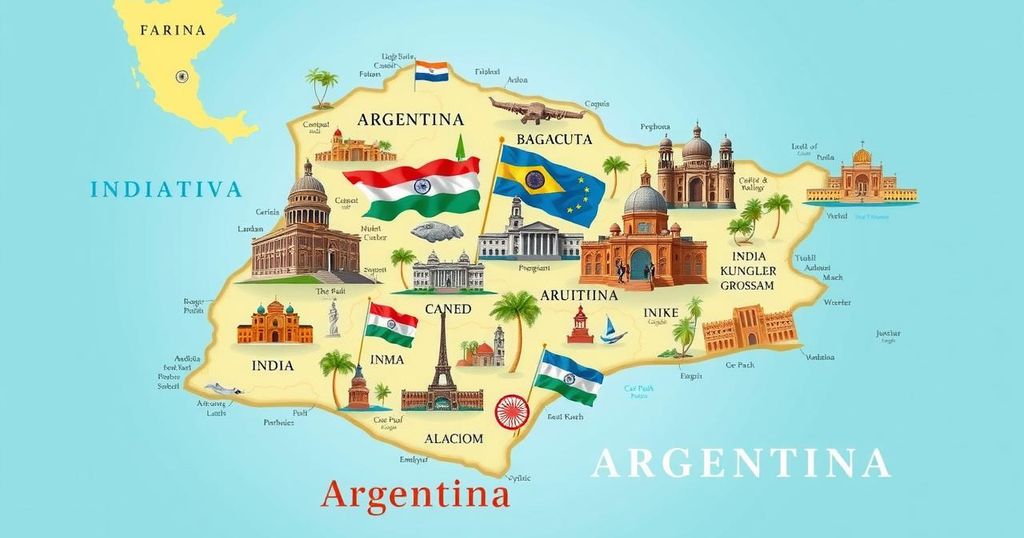Politics
ALVARO DELGADO, BRAZIL, BROAD FRONT, CARIBBEAN, CHAMBER OF REPRESENTATIVES, CHILE, DEMOCRACY, FR, FRENTE AMPLIO, GABRIEL BORIC, GOVERNANCE, JOSÉ “ PEPE ” MUJICA, JOSE “ PEPE ” MUJICA, LATIN AMERICA, LU, LUIS LACALLE POU, LUIZ INÁCIO LULA DA SILVA, LULA, MONTEVIDEO, NATIONAL, NATIONAL PARTY, OR, ORSI, POLITICS, PRESIDENTIAL ELECTION, REPUBLICAN, REPUBLICAN COALITION, SENATE, SOUTH AMERICA, TRADE RELATIONS, URUGUAY, YA, YAMANDÚ ORSI
Leila Ramsay
0 Comments
Yamandú Orsi Elected President of Uruguay, Signaling a Return to Left-Wing Governance
Yamandú Orsi has been elected president of Uruguay, representing the left-wing Frente Amplio coalition. Securing 49.8% of the vote, Orsi’s victory ends five years of conservative rule. He aims to promote unity and tackle pressing issues, including crime and economic recovery, as he prepares for his inauguration on March 1, 2025.
Yamandú Orsi, the left-leaning candidate from the Frente Amplio coalition, has been elected president of Uruguay, effectively concluding a five-year period characterized by conservative governance. His victory was solidified during a closely contested runoff election held on November 24, 2024, where Orsi garnered 49.8% of the vote, surpassing center-right counterpart Alvaro Delgado, who secured 45.9%. In addressing his supporters in Montevideo, Orsi expressed his commitment to fostering national unity, stating, “I will call again and again for dialogue to find the best solutions.”
The election marks a significant political shift for Uruguay, which had previously been under the leadership of the Frente Amplio for 15 years until 2020. During this earlier period, the country was praised internationally for its progressive initiatives, including the legalization of abortion, same-sex marriage, and recreational cannabis. The election results ignited celebrations among Frente Amplio supporters in Montevideo, reflecting their return to prominence. Orsi’s campaign received a boost from former President José “Pepe” Mujica, whose endorsement resonated deeply with voters.
Orsi’s agenda emphasizes continuity and cooperative governance, focusing on pressing national challenges such as addressing drug-related crime and stimulating economic recovery following the impacts of a historic drought and the COVID-19 pandemic. Despite his electoral triumph, Orsi confronts substantial hurdles, including rising crime rates linked to drug trafficking and economic growth recovery amidst global and regional difficulties.
In addition, while the Frente Amplio party holds a majority in the Senate, its minority status in the Chamber of Representatives poses potential complications for enacting significant reforms. Regional leaders across Latin America greeted Orsi’s victory with enthusiasm; Brazilian President Luiz Inácio Lula da Silva hailed the outcome as “a triumph for all of Latin America and the Caribbean.”
Characterized by its stable democracy, Uruguay has a commendable standard of living marked by low poverty rates and robust civic engagement, including compulsory voting. The previous administrations of the Frente Amplio played a fundamental role in positioning Uruguay as a leader in social reforms, particularly with the historic legalization of recreational cannabis use in 2013. Orsi’s election symbolizes a public aspiration to return to these progressive values while simultaneously addressing contemporary challenges. In a poignant reflection, former President Mujica stated, “My closest future is the cemetery, but I care deeply about the world you, the young, will inherit.” The transition of power is anticipated to occur seamlessly, with Orsi’s inauguration scheduled for March 1, 2025.
Yamandú Orsi’s election as the president of Uruguay represents a pivotal moment in the country’s political landscape, indicative of a populace eager to reclaim leftist ideologies after years of conservative leadership. The election serves not only as a referendum on current issues but also reflects a yearning for the progressive policies once championed during the previous Frente Amplio governance. With a legacy of social reforms and a commitment to enhancing the quality of life for its citizens, Orsi’s leadership is expected to tackle both historical challenges and contemporary issues in Uruguay’s governance.
The election of Yamandú Orsi marks a notable transition back to left-wing governance in Uruguay, as he seeks to unify the nation amidst pressing challenges such as crime and economic recovery. Celebrated by regional leaders and citizens alike, Orsi’s victory reflects a desire for progressive policies and dialogue-driven governance. As he prepares for his inauguration, the expectations for his administration will undoubtedly be high amidst the social and economic complexities facing the nation.
Original Source: dailypost.ng




Post Comment